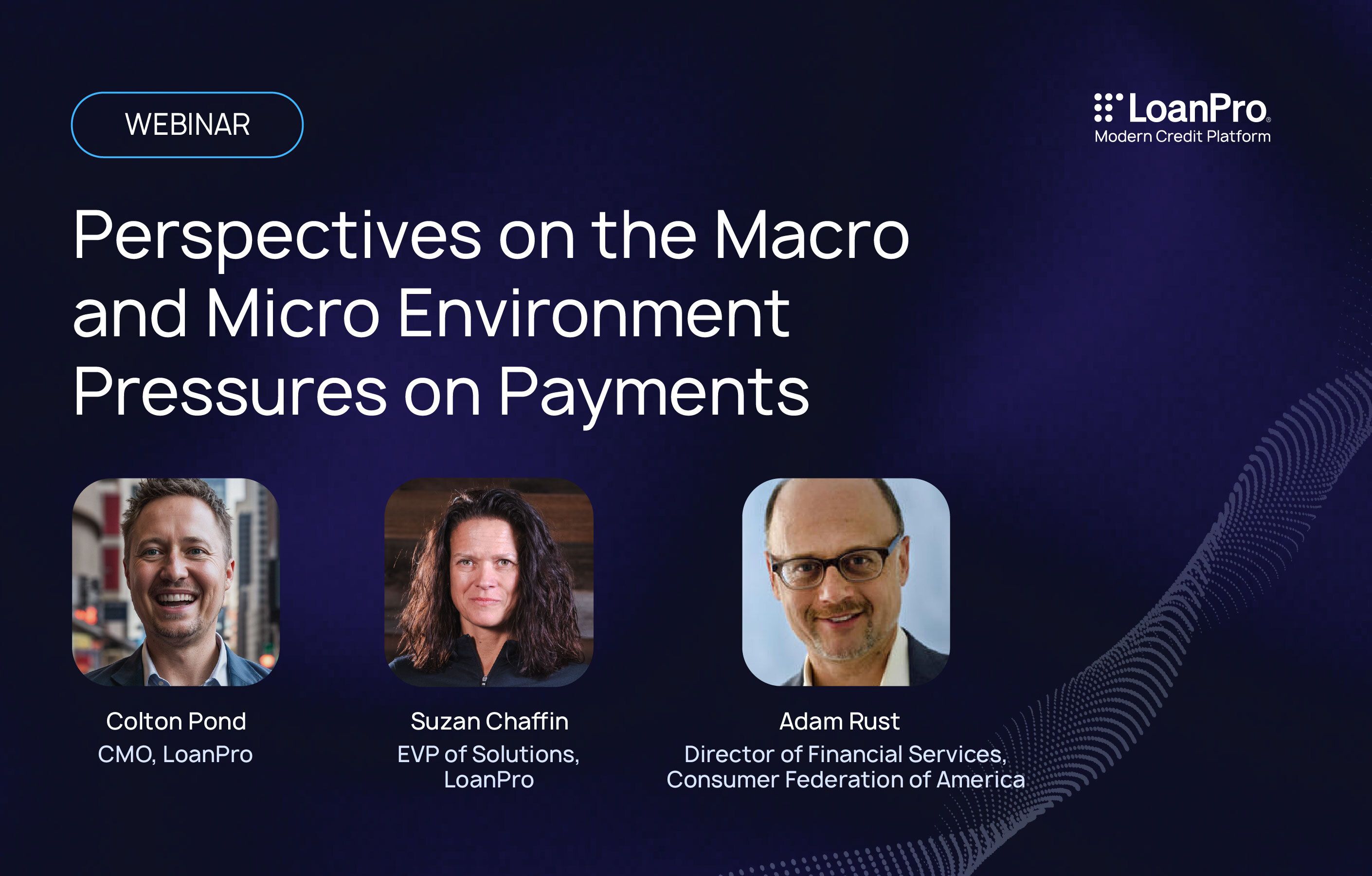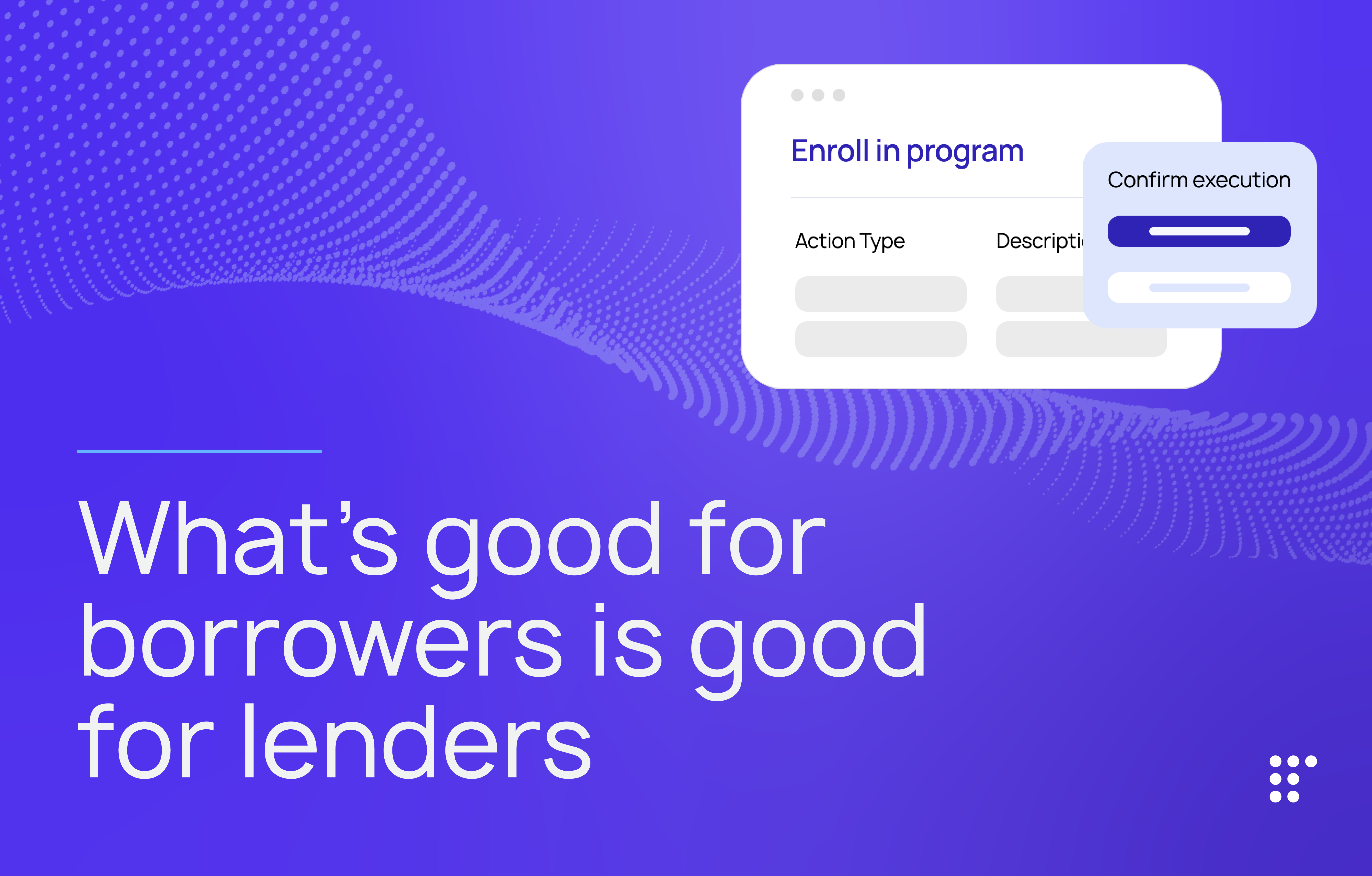Bankruptcy Compliance Summary
Introduction
Bankruptcy requirements can seem pretty complex, especially given that there are several different chapters of the US code defining types of bankruptcy that can be filed. Fortunately most of the requirements of bankruptcy law fall on the filers and the court system to follow. However, LoanPro has compiled a quick reference list of rules creditors should know regarding their part of bankruptcy proceedings.
Bankruptcy Rules
- When a debtor files for bankruptcy, an injunction called an automatic stay is put into effect that stops most collection actions, including phone calls, collection lawsuits, wage garnishment, and repossessions.
- If a debtor is represented by an attorney for a bankruptcy case, any contact from debt collectors, even communications not regarding collection attempts, must go through the attorney.
- In the case of chapter 7 bankruptcy, creditors can file a complaint objecting to the discharge of their debt after the debtor has filed (usually within 60 days).
- If a debt has been discharged by a bankruptcy court, creditors and debt collectors are permanently barred from collecting on the debt, including taking legal action regarding the debt.
- If a debtor who files for chapter 13 bankruptcy is put on a court-mandated payment plan, creditors and debt collectors are still prohibited from collection actions on the debt.
- Creditors do retain the right to repossess collateral, such as a vehicle on a defaulted auto loan.
- Creditors cannot legally sell discharged debts.
- Even if a debt is discharged due to bankruptcy, information about the discharged debt can still be reported to credit reporting agencies.
LoanPro Solutions
- LoanPro provides tracking for bankruptcy information, including petition status, to ensure the bankruptcy and associated information are kept up to date.
- LoanPro allows you to sort loan and line of credit accounts with Smart Tags based on specific criteria, including specific chapters of bankruptcy and what part of the bankruptcy process a specific account is in.
- LoanPro’s Automation Engine will help you automatically work with Smart Tags to ensure accounts are tagged correctly and ensure collection rules are followed.
- Agent Walkthroughs ensure that agents are guided through each step of complex processes, including bankruptcy, increasing compliance and reducing the time to complete tasks in the system.





